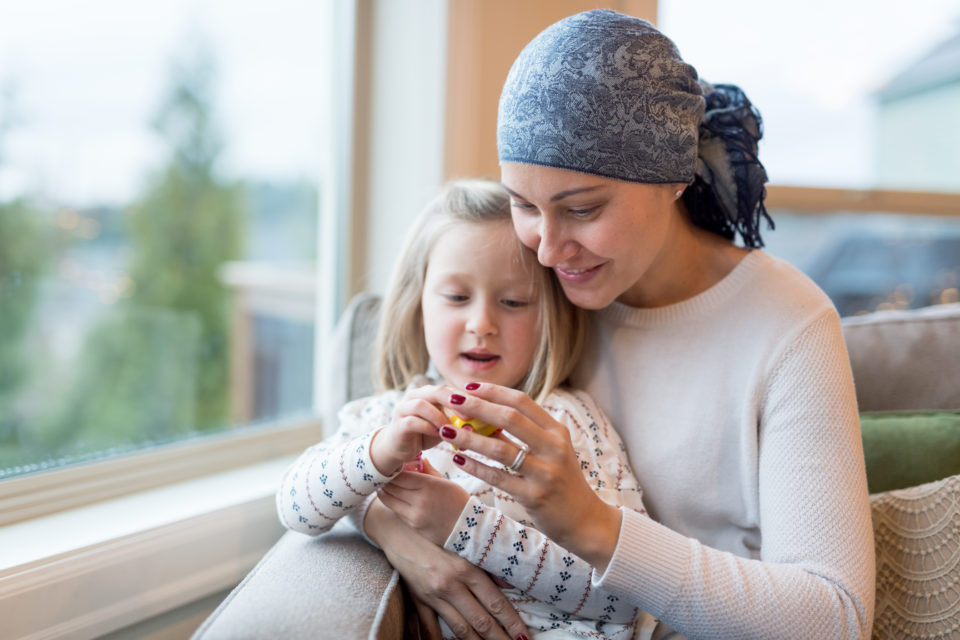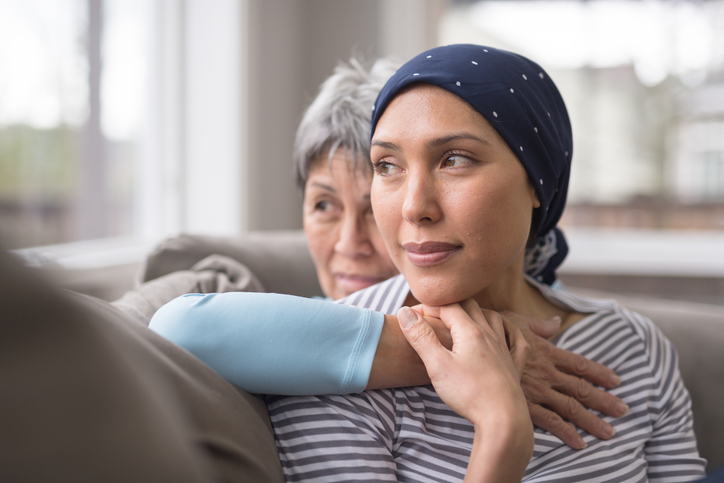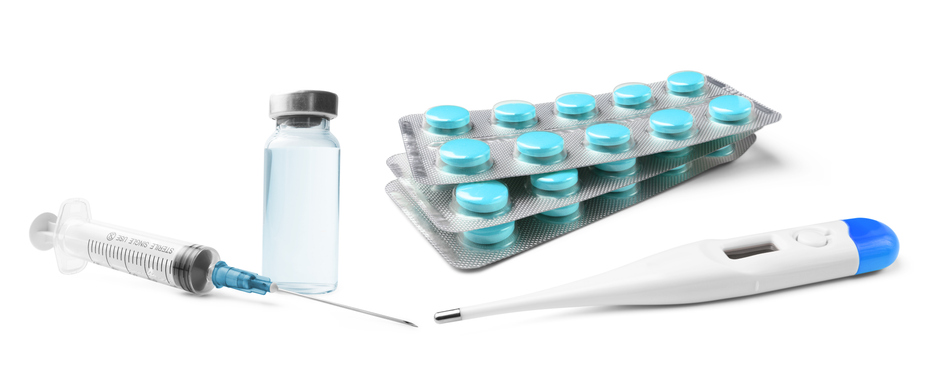
A study presented at the 2019 ASCO Annual Meeting found that adding Kisqali® (ribociclib) to standard of care endocrine therapy in the firstline setting improved survival in premenopausal women with advanced hormone receptor (HR)-positive/human epidermal growth factor receptor 2-negative breast cancer.
The international, randomized, phase III MONALEESA-7 study included 672 women younger than 59 years who had not received prior hormone therapy. Patients were randomized to receive ribociclib or placebo. All patients also received goserelin, an injectable endocrine therapy that suppresses estrogen, and one of three other therapies: letrozole (Femara®), anastrozole (Arimidex®), or tamoxifen.
Sara A. Hurvitz, MD, of @UCLAJCCC on HR+/HER2− Advanced Breast Cancer: MONALEESA-7 Trial on Endocrine Therapy With or Without Ribociclib https://t.co/JjlmNz5lWw #bcsm #oncology #ASCO19 pic.twitter.com/dmL5oCRHsV
— The ASCO Post (@ASCOPost) June 4, 2019
Ribociclib associated with a nearly 30% reduced risk of death
After a median follow-up of 34.6 months, 173 patients (26%) were still on treatment: 116 (35%) in the ribociclib cohort and 57 (17%) in the placebo group.
After 42 months of follow-up, the survival rate was 70% among women who received ribociclib and 46% among women who received endocrine therapy alone. The researchers said this corresponded to a 29% reduced risk of death among patients receiving ribociclib. Women who received ribociclib lived a median of 23.8 months without disease progression compared with 13 months for women who received placebo.
2019 ASCO: MONALEESA-7: Addition of Ribociclib to Endocrine Therapy in Premenopausal Women With HR-Positive, HER2-Negative Breast Cancer – The ASCO Post https://t.co/oEupkDYuBZ
— Kristin E. Rojas MD, FACS, FACOG (@kristinrojasmd) June 1, 2019
“This trial was unique because it looks at younger women who haven’t gone through menopause,” said lead author Sara Hurvitz, MD, director of the Breast Cancer Clinical Research Program at the University of California Los Angeles Jonsson Comprehensive Cancer Center, in a statement. “This is an important group to study since advanced breast cancer is the leading cause of cancer death in women 20 to 59 [years], and the vast majority of breast cancer is HR-positive.”
This treatment combination was approved by the U.S. Food and Drug Administration in July 2018.







 © 2025 Mashup Media, LLC, a Formedics Property. All Rights Reserved.
© 2025 Mashup Media, LLC, a Formedics Property. All Rights Reserved.